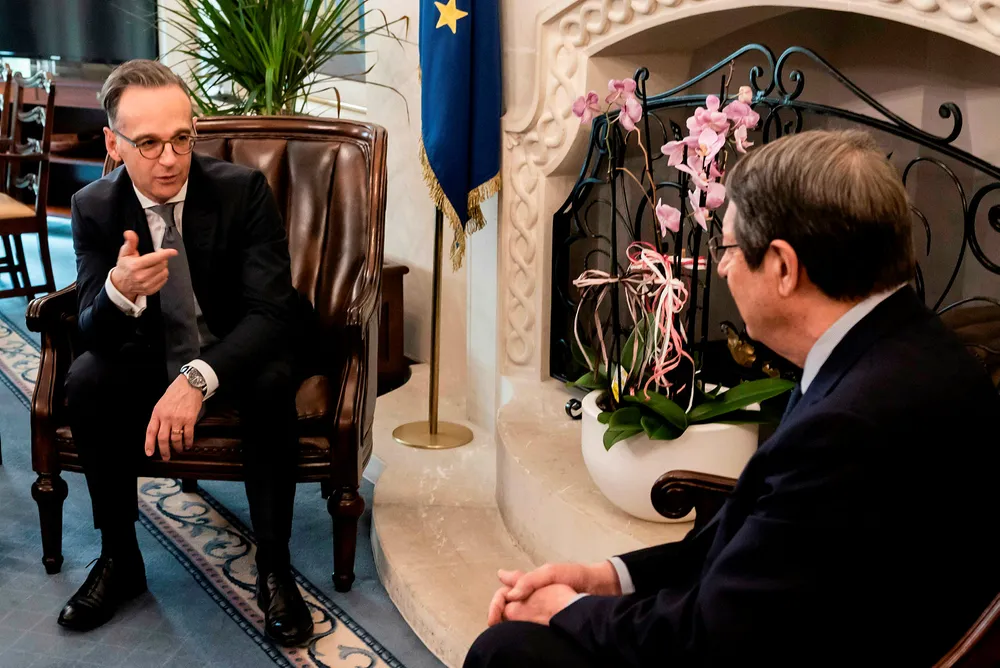Maas movement: German foreign minister fires back at US over Nord Stream 2
Minister Heiko Maas cites country's energy concerns to explain decision not to press ahead with sanctions against Russian gas export pipeline project

Minister Heiko Maas cites country's energy concerns to explain decision not to press ahead with sanctions against Russian gas export pipeline project
